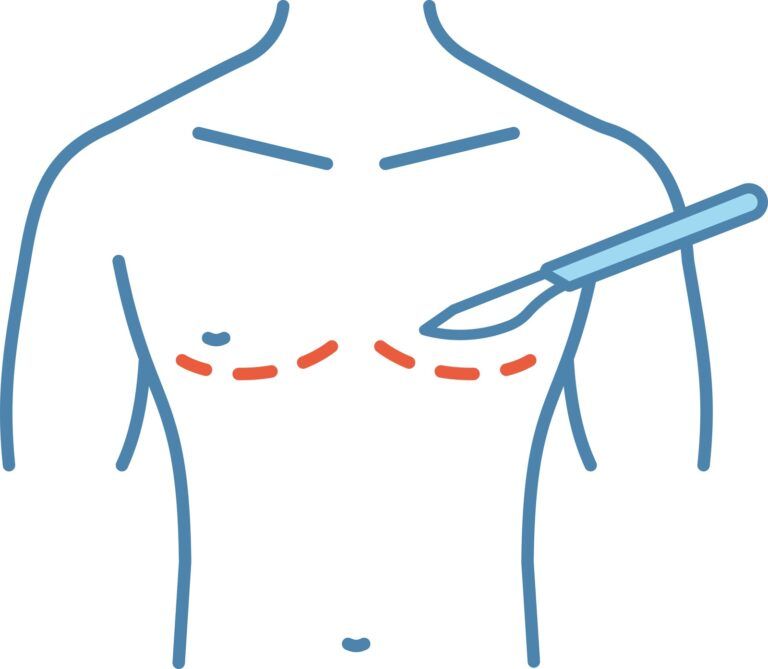Gynecomastia Surgery in Altamonte Springs, FL
Gynecomastia is a condition characterized by larger glandular breast tissue in men. The issue can occur due to hormonal changes, taking certain medications, and even age. For a man, developing breast tissue can be especially troubling and hard on their self-esteem. Therefore, gynecomastia surgery may be recommended.
A Closer Look at The Process
Gynecomastia surgery involves making small incisions to remove the excess glandular tissue, as well as fatty tissue that may be making the breast appear fuller or larger. A combination of both tissue excision and liposuction may be involved in the process. If the issue has become so severe that the skin sags beneath the areola, excess skin may also have to be surgically removed. The surgery is done under general anesthesia, and you will go through a period of recovery.
The recovery process after gynecomastia surgery can vary from patient to patient. Some men who have minimal tissue removed may heal up faster and not face a great deal of downtime. However, you may have to take it easy for a few weeks to avoid excessive motion or pressure on the chest. You may have to spend some time with bandages applying pressure to the chest, and a drainage tube may be inserted in order to drain away excess fluids as you heal.
Common FAQs About Gynecomastia and Surgery
If you would like to set up a consultation with Dr. Plank to see if this type of surgery is right for you, please give us a call today at 407-960-6936.
Check us out on Instagram!

